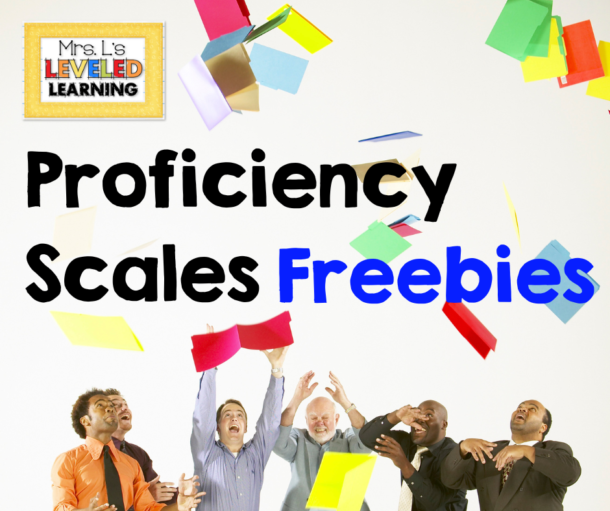Logic puzzles involve thinking skills that are so valuable and applicable in so many content areas, but are rarely stated directly in content standards. I would use them 2-4 times a year because they can easily be modified to fit into any theme or holiday. Solving them are a valuable exercise for every student. Writing them was quite a challenge that I reserved for my higher and gifted kiddos as a fun challenge!
If they get lucky, this process is easy and smooth. The biggest place students get tripped up is by writing clues that are to specific or too general. Some of the clues should be general, meaning that more than one name will match each sport, for example. But, there has to be at least one or two clues that are specific enough to only match one name, or the kids will never figure it out! Testing their puzzles is the next most important step after writing them. It is fun to share them with other kids when they're done, but they have to make sure that their puzzles work first!
This weekend I'm releasing a new FREEBIE through my TpT Store as a fun December activity. Whether your school celebrates holidays or not, you can tailor the forms to your own themes.
In This Freebie You'll Get:
– Teacher directions and suggestions for successful use.
– Presentation screens for explaining logic puzzles to your students.
– My favorite websites for free printables and interactive logic puzzles.
– Blank forms for students to try writing their own!
You can become a follower and enjoy other exclusive freebies ideas and updates by signing up for my newsletter. I hate overflowing inboxes, and no teacher has time for reading tons of emails, so I will not overload you with blurbs or ads. You will get helpful ideas, activities, free products, and links to hopefully make your job a little easier. Enjoy the FREEBIE and thanks for signing up!
Bless Your Holiday Season!
You May Also Like These Games…
Interactive card game for the whole class! Two sets of cards for Grades 3-5, and 6-8 standards.
No Prep Interactive Power Point Quiz Games. Grades 4-7 currently available. Search my store under the grade level you want.







